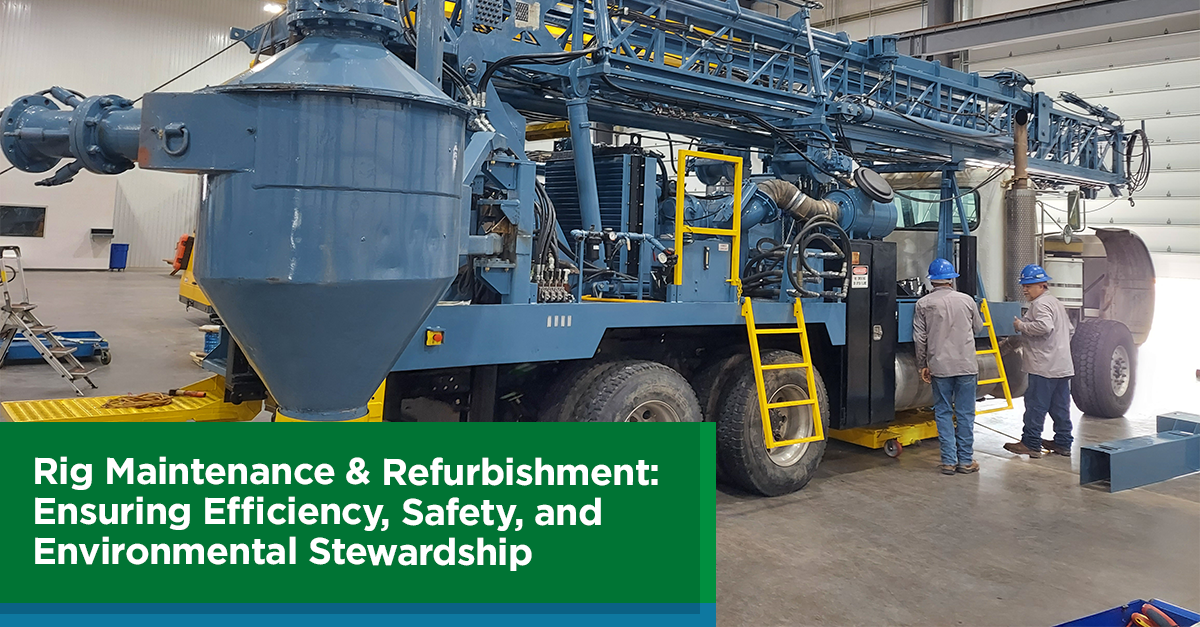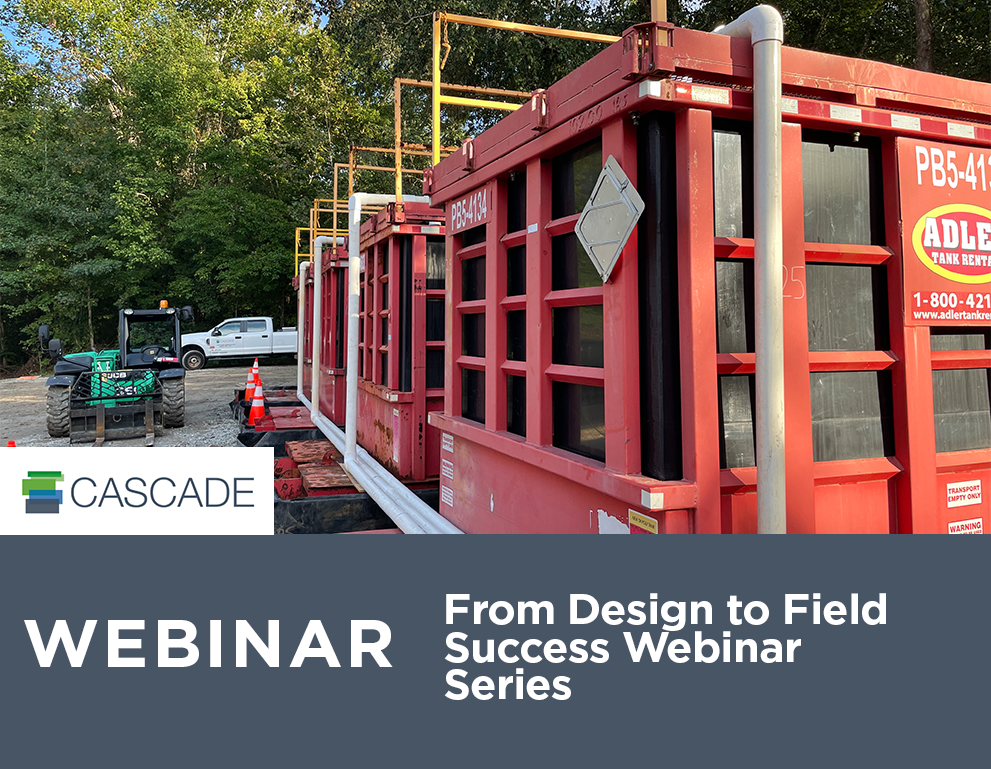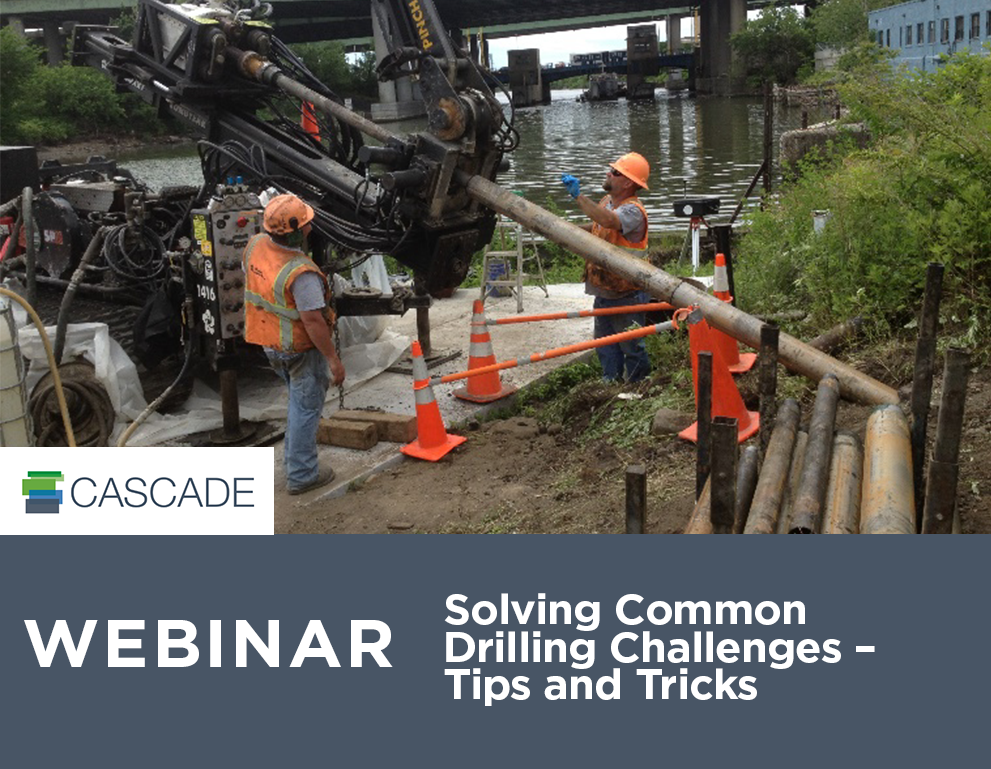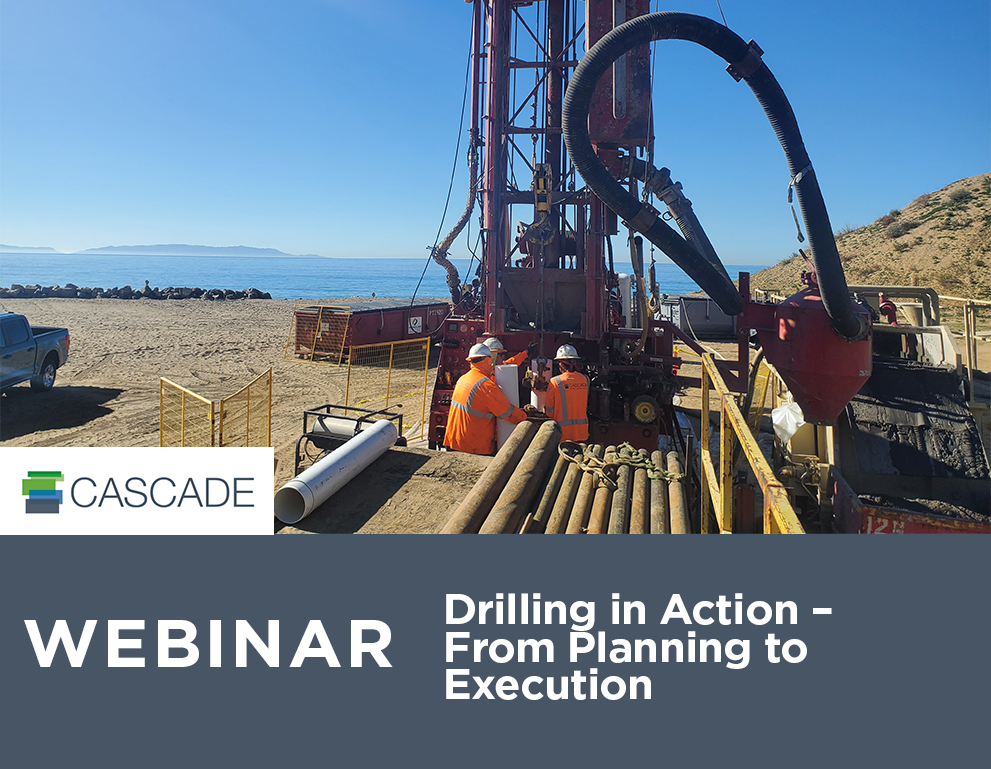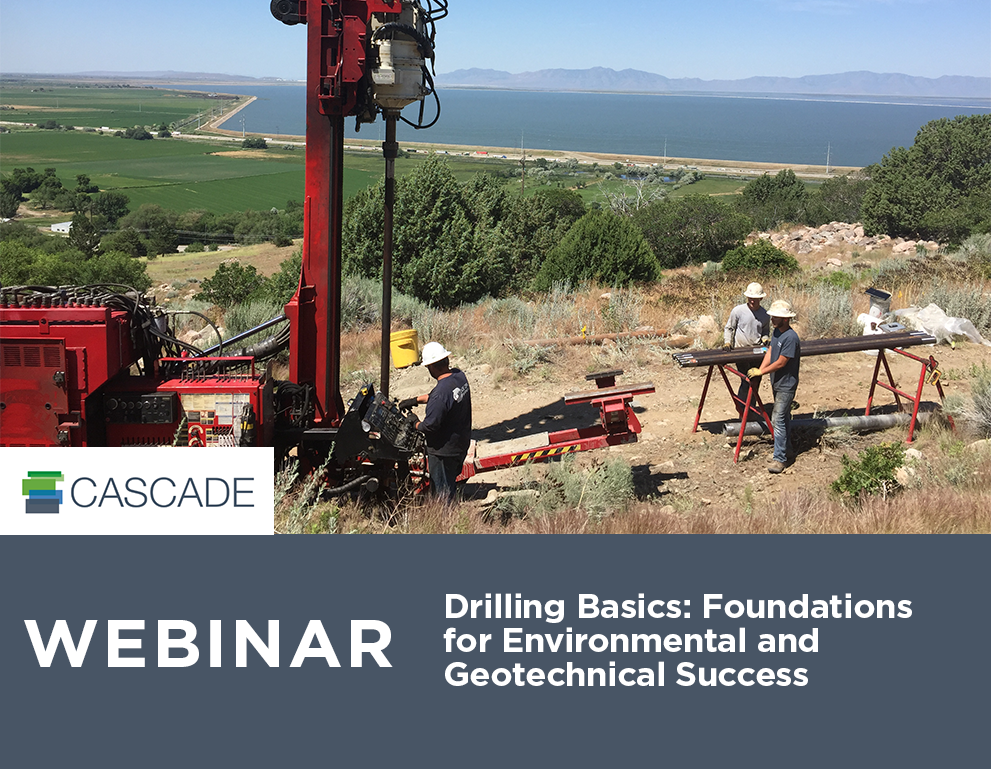Engaging with Veterans in a Competitive Labor Market
By: Jessica AlexanderFinding skilled and qualified labor has always been one of the most daunting recruiting challenges, and this rings particularly true in the environmental drilling and remediation industry. At Cascade, we identified a significant and promising labor pool – armed forces veterans. We have had continued success with our veteran recruiting strategy, and in this blog post, we’d like to share best practices for developing a veteran outreach approach that can work for your organization.
STEP 1: IDENTIFY NEEDS
Before we can begin sourcing and recruiting, it’s important to identify what your organizational needs are and, even more importantly, where they are. This requires going beyond just determining how many people are needed in a given role, but digging deeper into the role itself to develop a targeted recruiting profile that covers day-to-day responsibilities, growth and career development opportunities, the dynamics of the team that he or she will be working with, the management style and expectations of the manager, and the benefits and compensation offered.
While this targeted recruiting profile isn’t something that is shared externally with potential candidates, it is an invaluable tool for an internal recruiter or HR professional to use when conducting a job analysis. It ensures you have the information needed to form a clear picture of the role and all that it encompasses, which ultimately assists you in choosing the absolute best fit for the role when meeting and evaluating candidates.
STEP 2: TARGET TRANSFERABLE SKILLS
With your recruiting profile in mind, you can then dive into the knowledge, skills and abilities (KSAs) needed for the role for which you’re recruiting. This is when you’ll evaluate what transferable skills may be utilized successfully in the role.
For example, if I’m recruiting for a Driller Assistant and one of the requirements is a general understanding of mechanics and the ability to work on a drill rig, I may not be able to find ideal candidates (particularly veterans) with that exact skillset. However, I may find that many veteran candidates have worked as aircraft mechanics, maintained a fleet of vehicles, performed routine maintenance on vehicles in extreme conditions, and/or operated electronics on sophisticated equipment. These skills, while not directly tied to a drilling operation, can be easily transferred into our field.
While it’s important to understand transferable skills and how they can be applied in your field, it’s also important to highlight these skills to veterans. In some cases, these potential candidates may see your job advertisement, read the job description and automatically disqualify themselves due to a lack of direct experience. Be sure to explain within the job description how the skills and knowledge that veterans have acquired through their military experience can be easily applied in your field and within your organization.
STEP 3: EVALUATE VENDORS & EVENTS
Once you understand the role requirements and what transferable skills could be utilized, it’s time to evaluate vendors and different events at which you can target veterans. A simple internet search will produce a multitude of vendors, but Cascade has found tremendous success partnering with RecruitMilitary. This organization is the nation’s leading corporation for veteran hiring and outreach, and hosts multiple events weekly across the nation.
Another approach you may take in targeting veterans is to attend hiring events hosted at local military installations. These events tend to be made up active duty service members and spouses; however, they can be tremendously valuable if you are targeting in a specific area with close proximity to an active military installation. You can also attend Military Transition Assistance Program (TAP) courses, which are hosted by military installations to prepare active duty service members who will be separating from service within the next 365 days to re-enter the civilian workforce. Some of the courses will allow companies to speak during the courses or disseminate information about career opportunities.
STEP 4: DEVELOP VALUE PROPOSITIONS
In preparation for your veteran hiring event, you’ll want to develop value propositions to share with potential candidates. Here, it’s important to consider your demographic. What lifestyle are these prior service members accustomed to? What benefits or value-added incentives does your company offer that would appeal to veterans? Keep in mind when talking to potential candidates that they may be uninterested in doing the exact same type of work they did in the service. Ask questions about their motivations and try to uncover what they truly want in their transition to a civilian career.
Employee value propositions shouldn’t be taken lightly. If you haven’t developed these for your organization as a recruiter or HR professional, you’ll want to do so before targeting an audience at a hiring event. You’ll need a thorough understanding and evaluation of the culture within your organization, and a full comprehension of total benefits and compensation that make your company competitive in the marketplace.
STEP 5: CLOSE THE DEAL
The final, yet often missed, step is closing the deal and securing the interest of your target candidate pool. Setting expectations for follow-up is crucial – both for your team internally and for the candidate. Ensure the candidate knows who will be reaching out and when for the next steps in the process, and always follow through on those expectations. If you go MIA on a top candidate, they will question your interest in hiring them—and perhaps their own interest in your company.
STEP 6: MEASURE YOUR RESULTS
The final critical component of developing your targeted veteran recruiting strategy is measuring your return on investment. Be sure to take a look back monthly, quarterly, and perhaps even annually to evaluate your spending on the event and overall recruiting effort in comparison to the impressions and hires made. This will be incredibly useful as you determine where to focus your efforts year over year.
Recruiting talent is hard, and recruiting the right talent is even harder. As recruiters and HR professionals, we must be purposeful and targeted with our approach. The benefits of hiring veterans are immense, and Cascade has the utmost respect and admiration for our armed service members. We hope that by sharing our approach to veteran recruiting, you too have success in finding the next generation of dedicated, hard-working environmental professionals.
To learn more about what we offer veterans and other job candidates, check out our Careers page.


